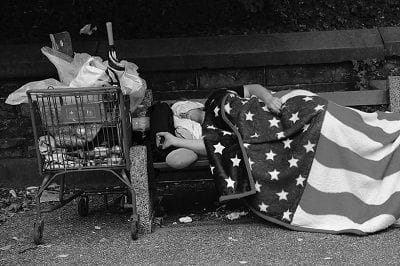Revisiting books seen as trenchant during the 2000s and the 2010s offers a useful measure of how much things have changed in recent years. Consider the British philosopher Mark Fisher’s Capitalist Realism: Is There No Alternative? (2009), which explored the idea that it was easier to imagine the end of the world than to imagine a serious challenge to the neoliberal capitalist order. Half a decade later, Brexit, Trump, and other challenges came to the fore, throwing into doubt any assumptions about the permanence of the post-Cold War global economic order.
Other titles, however, have become only more relevant with the passage of time. Sebastian Junger’s 2016 book, Tribe, is one such book. In it, the American journalist documents the difficulties faced by soldiers transitioning back to civilian life after serving in what used to be called the Global War on Terror.
In the military, life often resembles the sort of social structures common to tribal societies: hierarchical but selfless, with individual needs subordinated to the interests of the group. The bonds between soldiers in a unit aren’t necessarily bonds of friendship or mutual affection, but they are still very strong ties—the only sort that will keep you safe in a life-or-death situation. Many soldiers find it hard to adjust back to a life where those sorts of bonds are few and far between.
“War might be hell—but for many American veterans, the experience of peace has been worse.”
